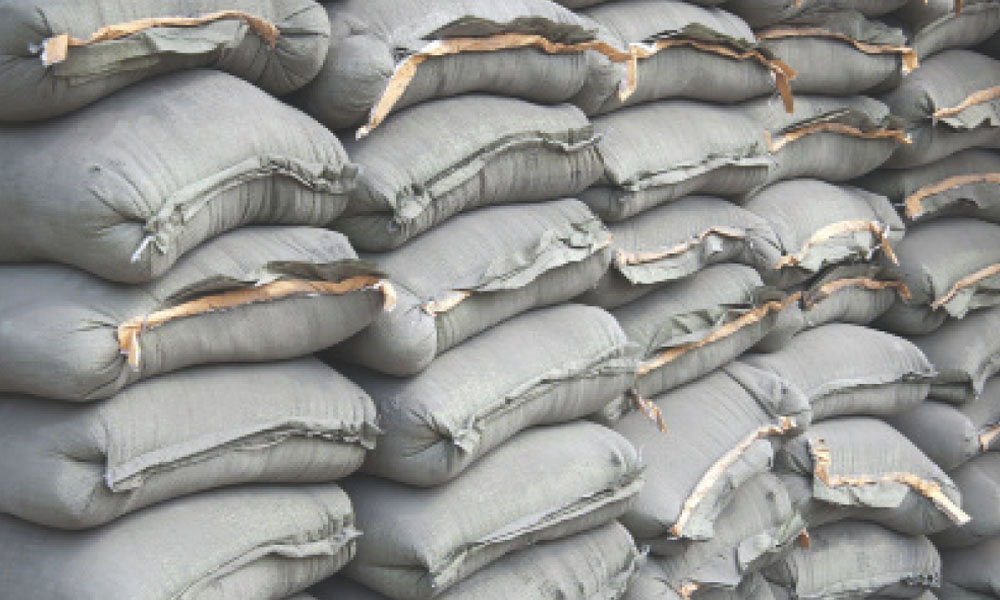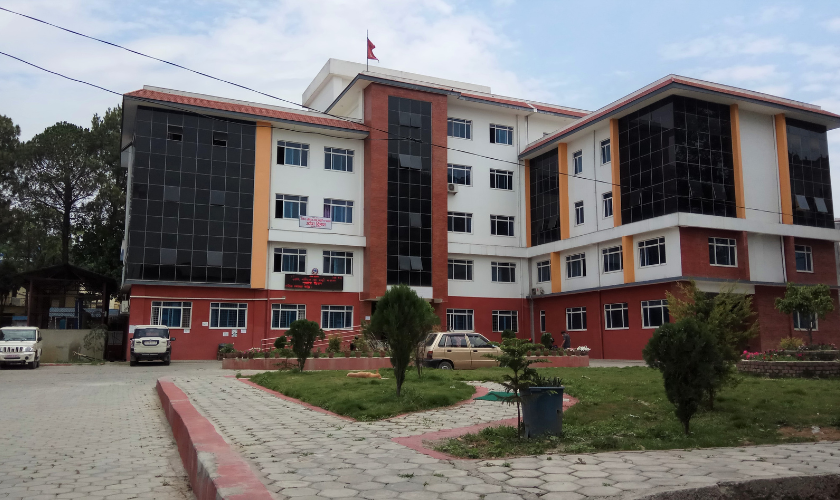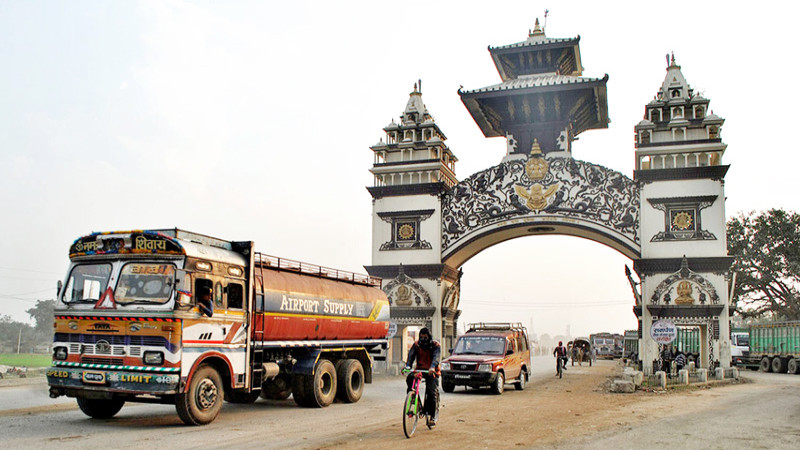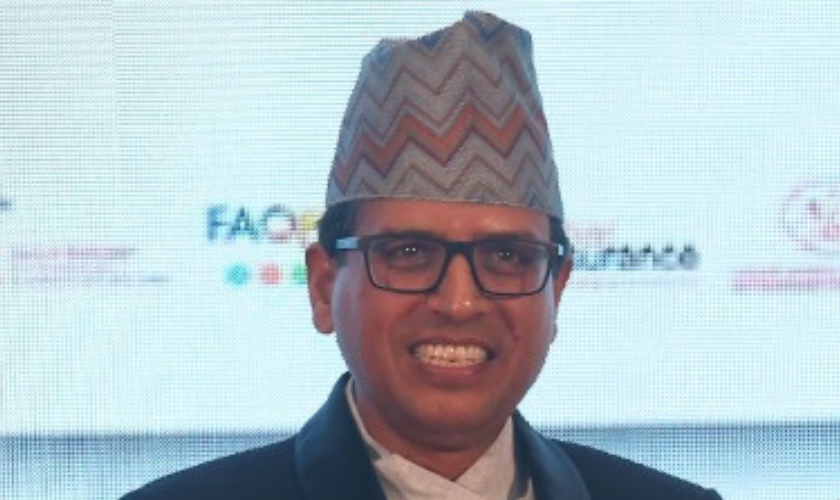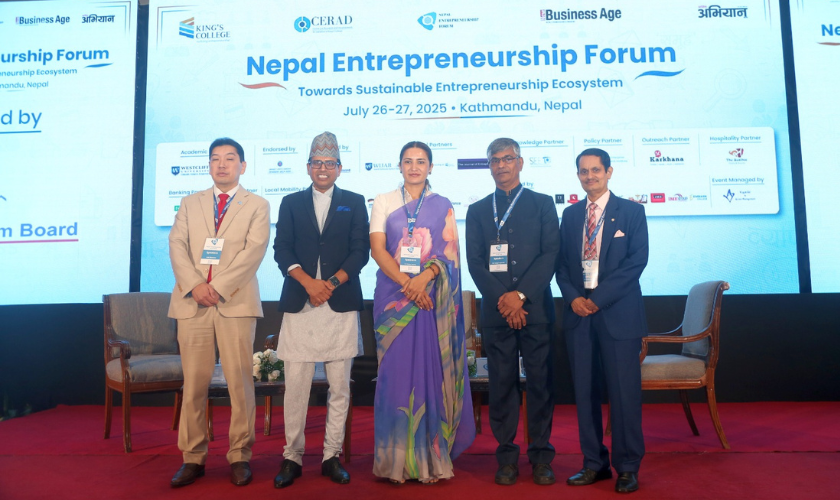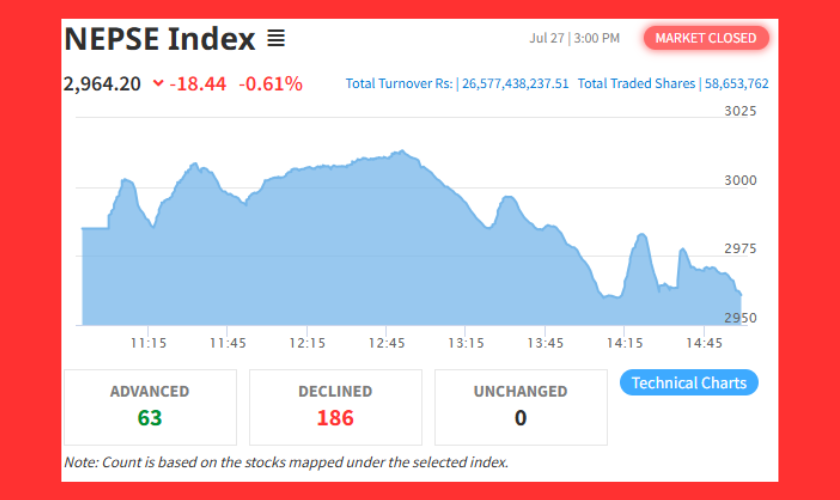Delays by the Indian government in issuing and renewing Bureau of Indian Standards (BIS) certifications significantly disrupted Nepal’s exports of key manufacturing products in the last fiscal year (FY 2024/25), according to government data and industry officials.
Nepal’s shipments of cement, clinker, sanitary pads, and plywood to India were particularly affected after New Delhi mandated BIS certification for these items at the beginning of the fiscal year. As a result, exports of these goods were effectively halted for nearly six months. According to Nepal’s Department of Customs, exports of cement and clinker fell by over 24 percent, plywood by more than 4 percent, and sanitary pads by over 68 percent compared to the previous year.
Although the BIS certification requirement also temporarily stalled footwear exports, the sector rebounded strongly. By the end of the fiscal year, footwear exports to India had surged by more than 58 percent, buoyed by resumed access to the market.
Despite the export setbacks in some categories, Nepal’s overall exports to India remained robust, driven largely by refined edible oil shipments. Of the Rs 277 billion in total goods exported by Nepal during the year, nearly Rs 225 billion was destined for India.
Industry leaders, however, raised concerns over lost opportunities. Hom Prasad Ghimire, President of the Nepal Plywood Manufacturers Association, criticized the Indian authorities for what he described as arbitrary delays in BIS approvals. He noted that although seven plywood manufacturers in Nepal received BIS certification, many new entrants were left waiting for months, despite completing all regulatory requirements.
"All certifications were supposed to be granted by January 2025, but half the year passed without access to the Indian market," Ghimire said. Customs data show that Nepal exported plywood worth Rs 7.09 billion last year, but Ghimire estimates the figure could have reached Rs 18 billion in the absence of BIS-related obstacles.
According to the association, 79 plywood manufacturers are registered in Nepal. In response to rising Indian demand in recent years, 51 new companies had applied for BIS certification, but most were unable to obtain it in time. Ghimire also expressed concern that India might be shifting its strategy to import only raw veneer from Nepal while limiting finished product imports, potentially undermining Nepal’s domestic plywood industry.
Meanwhile, Raghu Nandan Maru, President of the Nepal Cement Manufacturers’ Association, echoed similar frustrations. With domestic demand slowing, Indian markets had become a crucial outlet for Nepali cement producers. However, BIS delays caused a drop in exports during what could have been a key growth period. Although BIS certifications have since resumed, Maru warned that another policy bottleneck, unfulfilled promises of export subsidies, continues to discourage exporters. “The government must urgently act on its cash subsidy commitments to support exporters,” he said.
Footwear manufacturer Kiran Shoe Manufacturers Pvt. Ltd., best known for its Goldstar brand, also faced significant disruptions. The company’s revenue fell sharply to Rs 796 million in the first half of fiscal 2024/25, down from Rs 2.22 billion in the same period a year earlier, according to a credit rating report by ICRA Nepal. Executive Director Vidushi Rana attributed the slump to a five-to-six-month delay in receiving BIS certification, which temporarily halted exports. With certifications now in place, she expects footwear exports to rebound in the current fiscal year.

